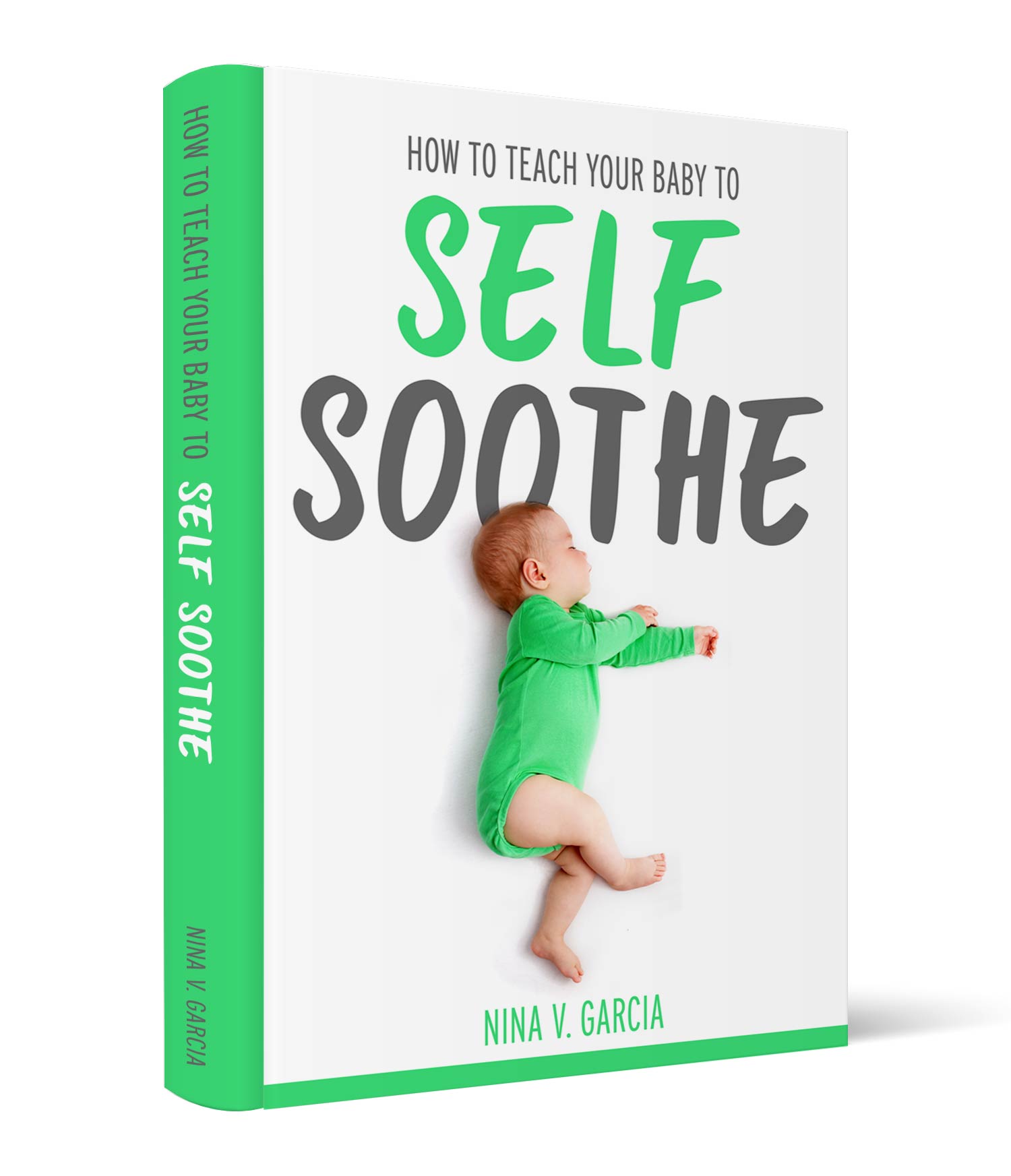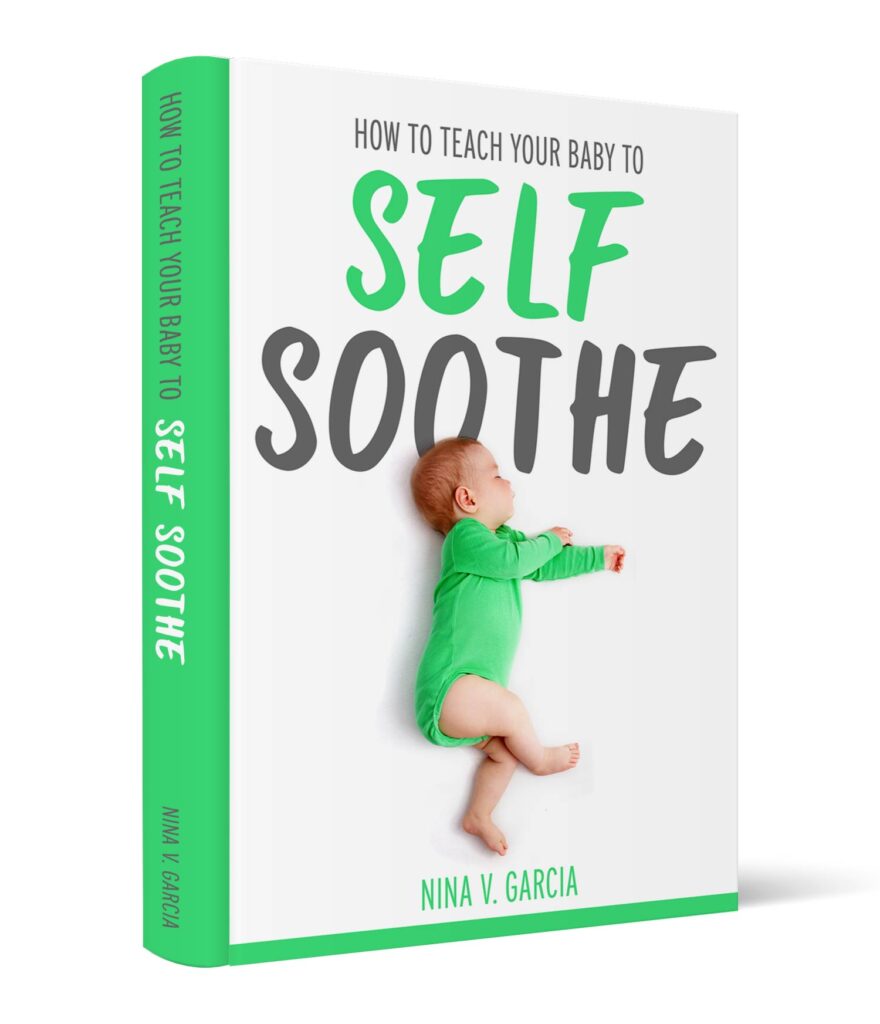5 Reasons Your Baby Wakes Up Crying Hysterically
Discover potential reasons your baby wakes up crying hysterically and learn how to soothe them back to sleep with these helpful tips.

Out of the blue, my baby would suddenly wake up crying. About once or twice a night, he’d flail his legs and scream his lungs out. I went through a list of possibilities before worrying I was doing something wrong to cause this change in sleep.
It was especially jarring considering that his sleep had been humming along just fine to suddenly hear those unexpected cries. I was desperate to stop him from waking up and screaming uncontrollably.
I dove right in, researching possible reasons and experimenting with techniques to get him sleeping well again. If you’re in the same boat, take a look at a few reasons your baby wakes up crying hysterically—and more importantly, what you can do about it:
Table of Contents
1. Sleep cycles
We all wake up throughout the night, babies and adults alike. During these cycles, we enter a light state of rest but can usually fall right back to sleep.
But babies who haven’t learned to fall asleep on their own struggle to do so. As effective as sleep aids can be, many of them rely on us. Sleep aids like feeding, rocking, co-sleeping, or holding mean your baby isn’t able to fall asleep on her own.
What to do: Rely less on sleep aids and teach her how to sleep on her own. That way, if she wakes up crying from naps or in the middle of the night, she’ll know how to put herself back to sleep.
Free resource: Interested in teaching her to self soothe? Join my newsletter and get a preview chapter of How to Teach Your Baby to Self Soothe. This chapter is all about the mindset needed for successful sleep training and helping her put herself to sleep. As one parent said:
“I really enjoyed reading your e-book and started working on the steps last week. My 8 month old was waking every 2 hours at night and wanted me to help him back to sleep or give him his pacifier back each time. We took away the pacifier and allowed him to try self soothing and I couldn’t believe that after a few nights, he started sleeping 7:00pm-7:20am without any sleep crutches or aids! Your simple steps and reassuring words really helped, so thank you so much!” -Emily Armstrong
2. Separation anxiety
Separation anxiety in babies, however challenging it is to deal with, is still a healthy milestone. It’s a sign that he’s developing a sense of himself apart from you (Previously, he had thought that everyone and everything was the same).
But this newfound idea that he’s separate from you means he also realizes that you can leave—and that thought can feel frightening.
In the past, he may have been able to put himself back to sleep when he woke up at 5am. But now, he might feel anxious about not having you there… all while the room is dark, no less.
What to do: Play games that promote object permanence. He’ll learn that just because he can’t see something or someone, that doesn’t mean they’re not there or that they won’t come back. The most popular game? Peek-a-boo, of course.
You can also install a night light or pull the curtains back a bit. That way, the room isn’t completely dark when he stirs at night.

3. New milestones
Sitting up, crawling, walking… all these exciting new skills and milestones can take a toll on your baby’s sleep at night. For instance, learning how to pull herself up in the crib can leave her crying because she doesn’t know how to sit back down.
But other times, new milestones are wiring in her brain at an amazing rate, making her sleep less restful. Think of the times you’ve slept after an exciting day—falling asleep may have been extra difficult.
The same is true for your baby. All the exciting new lessons she’s learning are either playing through her mind or compelling her to practice in the middle of the night.
What to do: Sometimes we need to wait out these milestones until they pass. For instance, she might pull herself up on her crib only to cry because she’s unable to get herself back down. Each time she wakes up, you’ll simply need to help her back down, knowing this will soon pass as she learns to do this on her own.
Other times, you can encourage her to practice these skills during the day. Maybe you’ll let her walk alongside you at the park instead of strapping her in the stroller. If her mind is too excited from the day’s events, keep your evenings subdued so that she has a smoother, more relaxing transition to sleep.
4. Discomfort from illness or infection
Disclosure: This article contains affiliate links. As an Amazon Associate, I earn from qualifying purchases.
Babies go through discomfort that, unfortunately, they can’t explicitly tell us about. So, it’s up to us to look for signs of what’s bothering them.
Maybe your baby is teething and won’t stop crying or has an ear infection that’s keeping her up. They’re both easy to miss and can disrupt even the most rested baby. Other times, she might simply come down with a cold or cough, making it more difficult to breathe through her nose or swallow.
What to do: When I suspected my babies were teething or had a fever, their pediatrician recommended I offer pain medicine an hour before sleep. This helped them feel more comfortable and sleep a little better.
For common colds, you might use a nose suction to help clear your baby’s passages. And if her discomfort persists, take her to the pediatrician to see if she has an ear infection or other complications. These can be difficult to sleep through and are uncomfortable enough to disrupt even the deepest sleep.

5. Hunger
Your baby may have passed the newborn stage, but that doesn’t mean she isn’t waking up from hunger. As she grows, her needs might change and fluctuate. One day, she’s not drinking milk, while the next, she can’t seem to get enough.
If she happens to need more milk but doesn’t drink enough during the day, she might wake up in the middle of the night from hunger.
What to do: If you’re weaning from night feedings, don’t forget to supplement her milk intake during the day. Or if you’ve introduced solids and figured she won’t need as much milk, see if offering the same amount of milk can help her sleep better at night.

Conclusion
It’s never easy when your baby wakes up crying hysterically. Thankfully, you now know a few reasons why and what to do about it—even as she’s flailing her legs or screaming her lungs out.
Get more tips:
- Adjust These 3 Factors to Stop Your Baby Waking Early
- What to Do When Your Baby Wakes Up Every Hour
- What Having a “Spoiled Baby” Really Means
- Baby Only Wants Mom? These 6 Tips Can Solve It!
Don’t forget: Join my newsletter and get a preview chapter of How to Teach Your Baby to Self Soothe:


